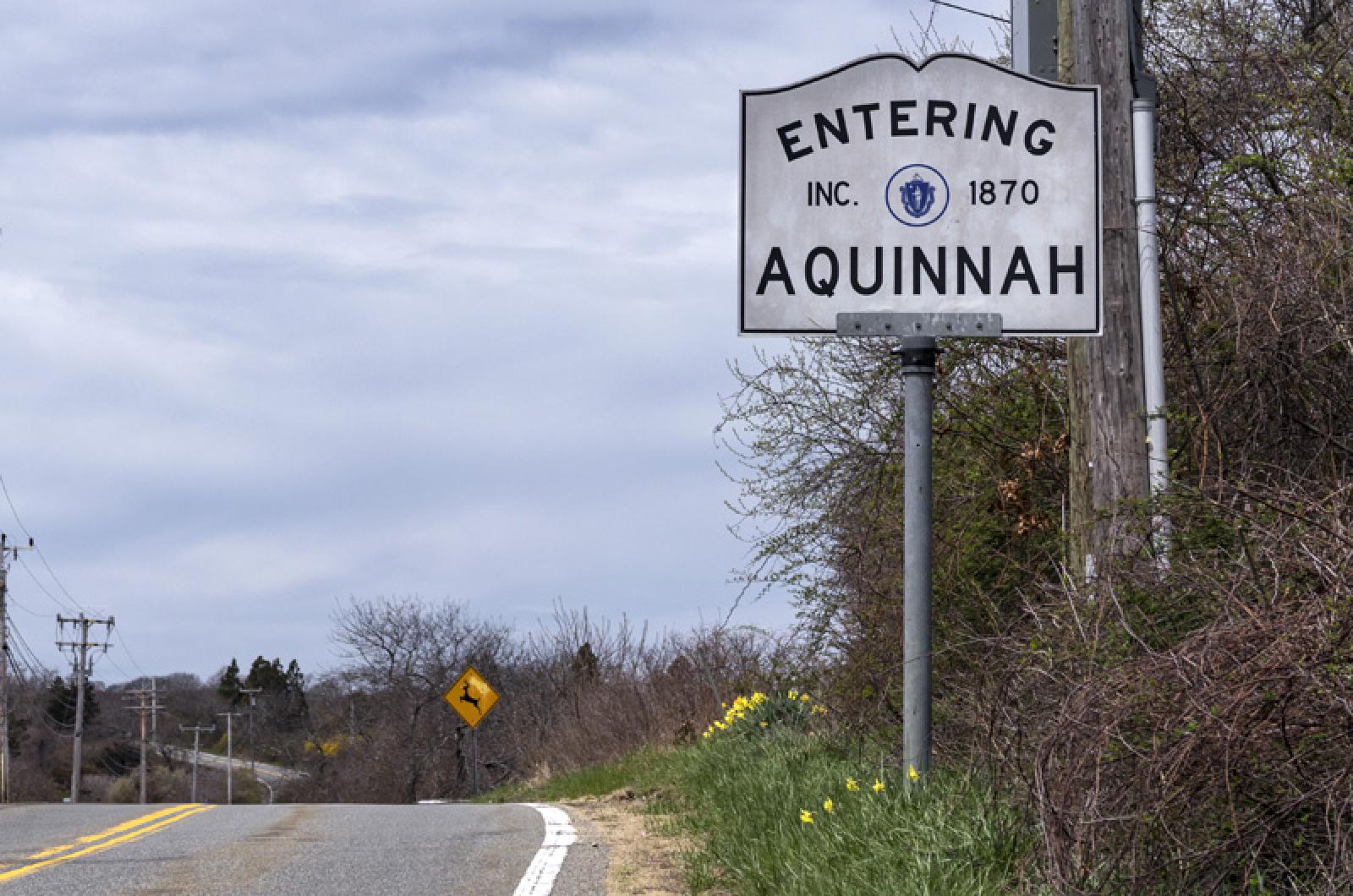A federal appeals court this week froze the effect of its ruling that the Aquinnah tribe has the legal authority to operate a gambling hall on the Vineyard, while the town, the state and a community group ask the U.S. Supreme Court to review the case.
The U.S. Court of Appeals for the 1st Circuit, which ruled for the Wampanoag Tribe of Gay Head (Aquinnah) last month, nevertheless issued a stay of mandate Monday and gave the gaming opponents 90 days to file their appeal.
If the nation’s highest court declines to review the case, the stay will end.
In court documents, the tribe had argued that such a stay would cause undue delay and “continue to unjustly deprive the tribe of a desperately needed source of government revenue” from gaming. If the court does issue a stay, the tribe said opponents should be required to post a $1.2 million bond during the 90-day period, and another $400,000 per month after that. The amounts are based on a tribe-commissioned study asserting that a Class II gaming facility (essentially electronic bingo) could create $400,000 in monthly revenue.
In its one-page, unsigned order Monday, the court made no mention of requiring a bond.
Last month, a three-judge panel of the same court reversed a lower court judge and sided with the tribe, ruling that the Indian Gaming Regulatory Act, a federal law that established a national framework for native American gaming in 1988, superseded an earlier Massachusetts settlement act, which placed the tribe under state and local gambling restrictions.
In a statement late Monday, tribal chairman Cheryl Andrews-Maltais said the tribe opposed the petition for a stay “only to correct the record regarding glaring misstatements of fact asserted by the town.” She reiterated an earlier pledge that when the state and town “are ready to stop wasting time and resources,” the tribe is ready to work with them on the gaming hall’s “potential impact and positive opportunities for our citizens.”







Comments (1)
Comments
Comment policy »